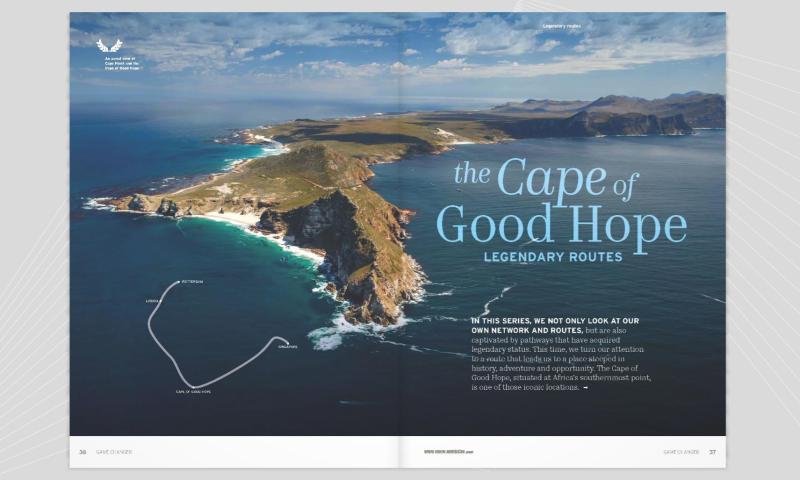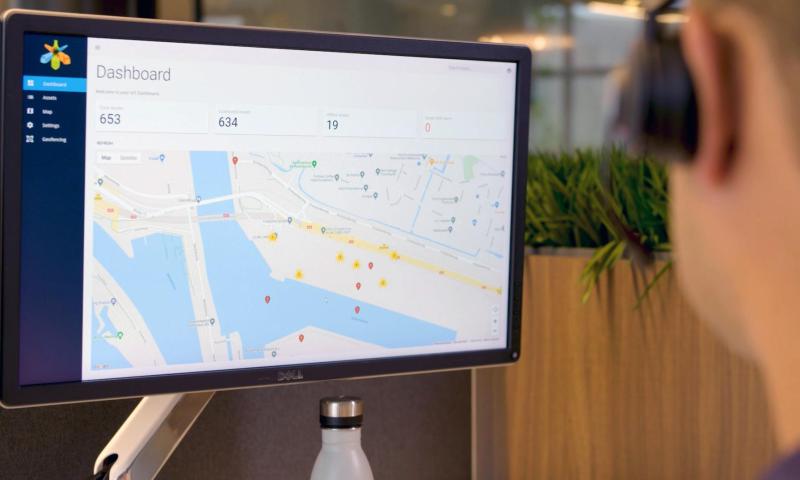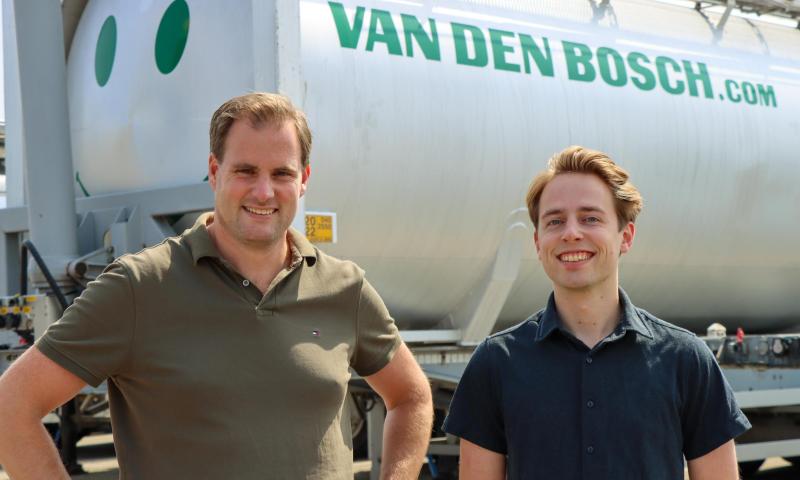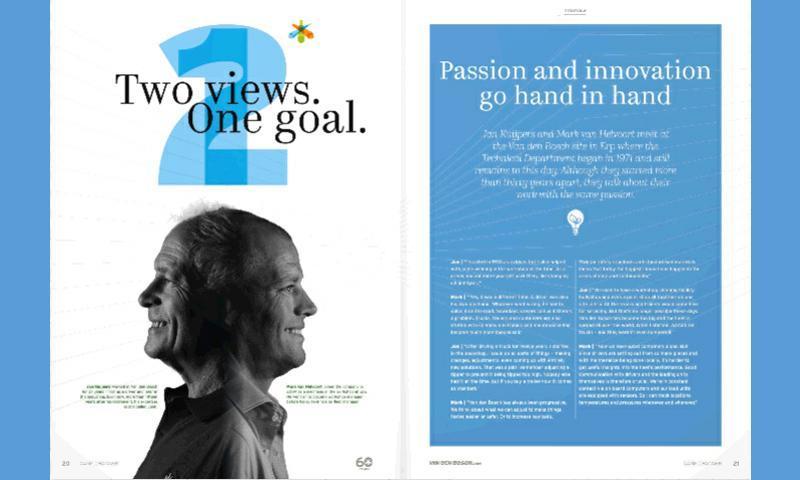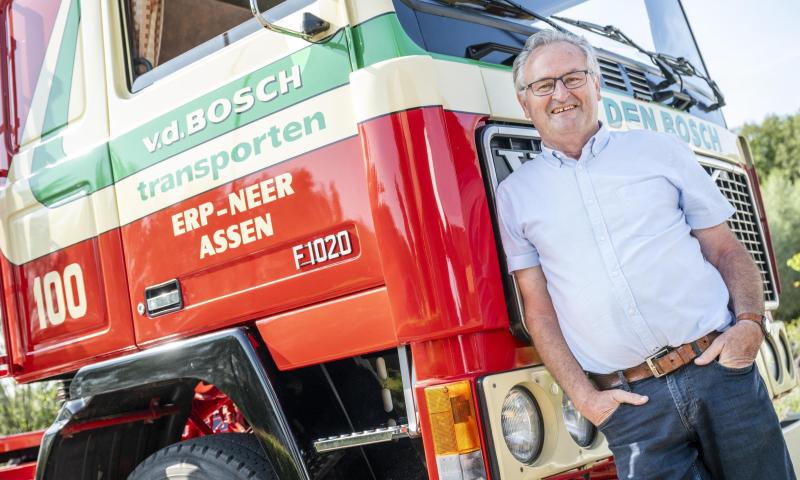Market Insights
"Shippers want freedom of choice in logistics solutions"
Pandemics, climate change and political tensions are continuously disturbing the global supply chains. Organisations which are dependent on one source for the supply of essential raw materials are more vulnerable to disturbances. Shippers need to broaden their network if they are to remain resilient during uncertain times. But how do you develop a future-proof ecosystem?
Many organisations are already actively using a range of suppliers in order to increase their resilience and limit the risks. Companies are purchasing raw materials from multiple regions, cooperating with diverse parties and establishing production facilities in different parts of the world. This reduces their dependency and ensures continuity.



